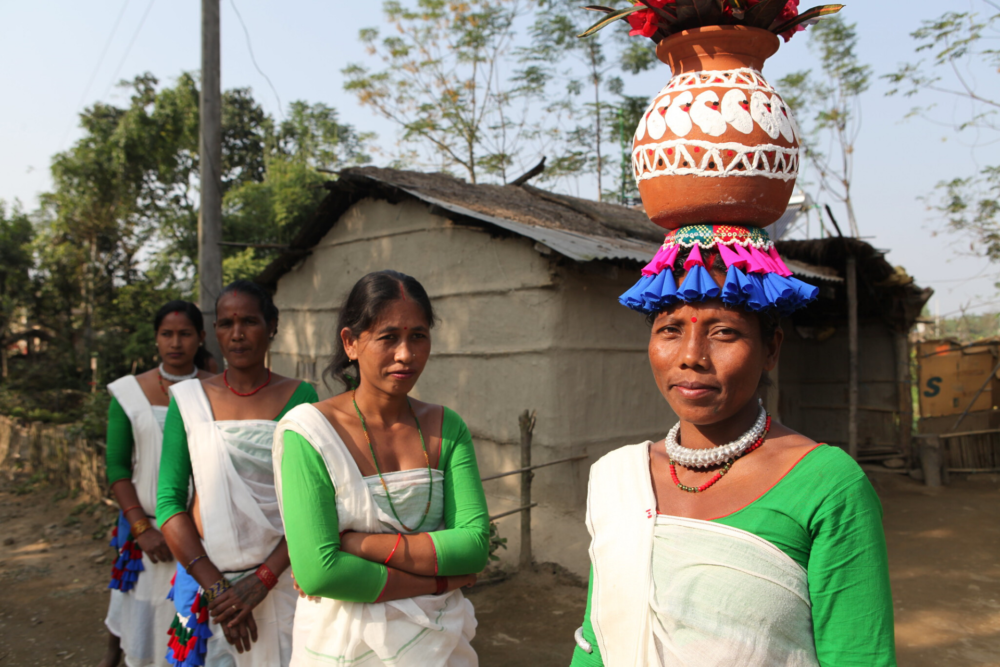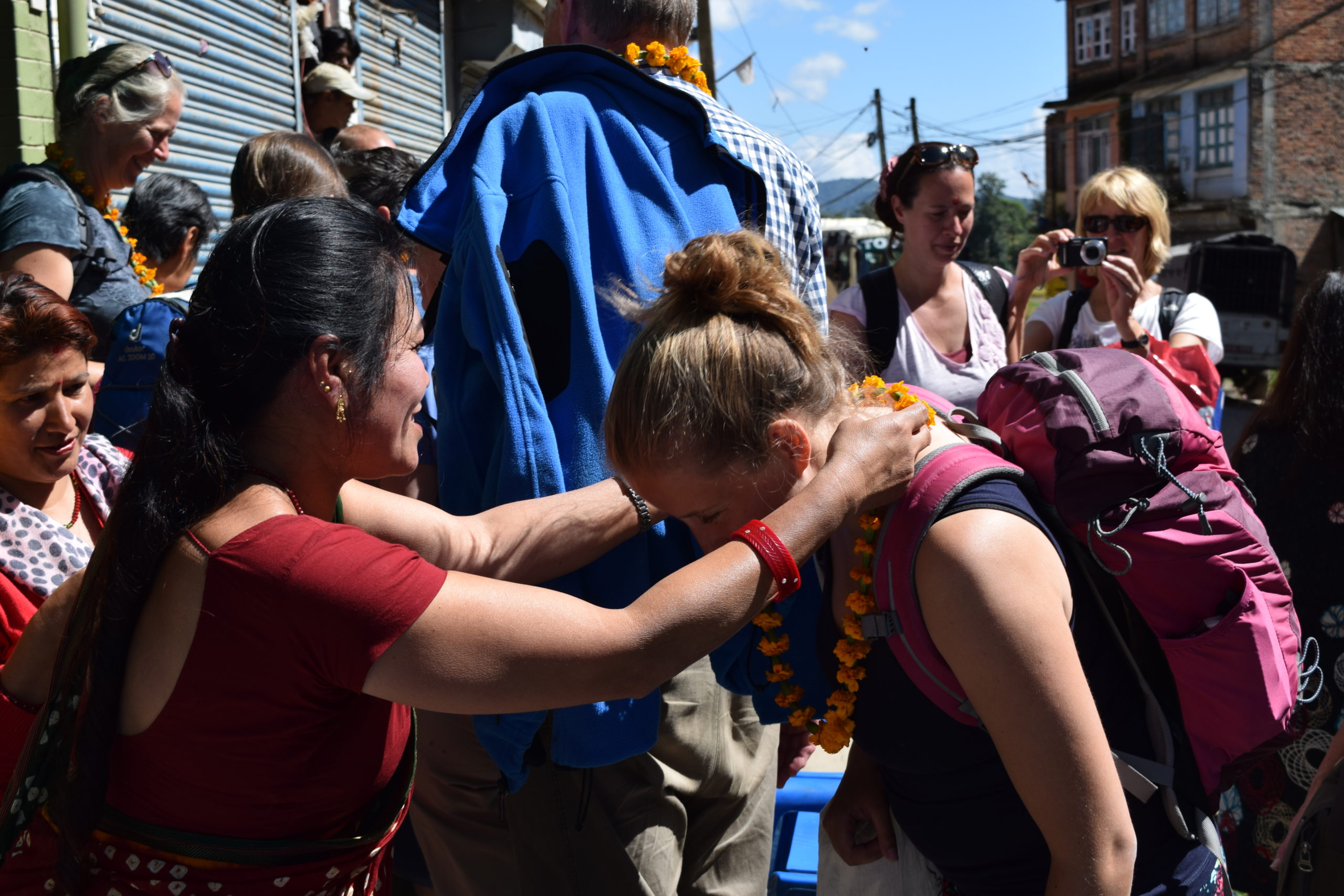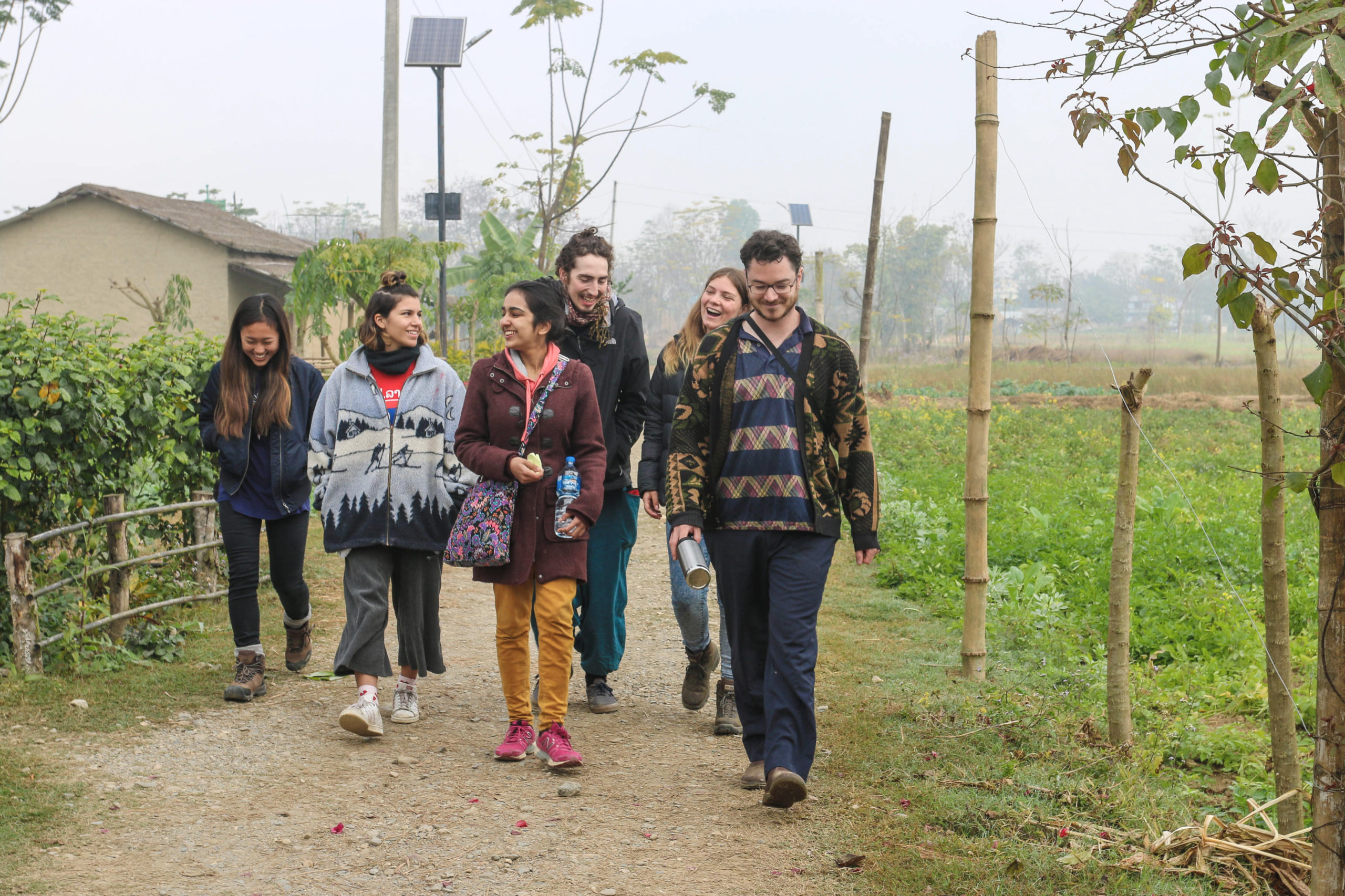Written by Aayusha Prasain, CEO, of Community Homestay Network

Despite various challenges women in Nepal face, travel and tourism provide them with more opportunities for empowerment and entrepreneurship than any other industry, giving the sector increased responsibility for the advancement of women.
When we hear the word entrepreneurship attached to women in Nepal, the first thing that comes to mind is all the barriers they might have to overcome while pursuing, scaling and sustaining it. These are not just ideas that come to us subconsciously; access to resources and opportunities for women due to the patriarchal structure of society plays a vital role in shaping these thoughts.
Although women make up 51.04% of the population in Nepal (Census Nepal, 2021), they are not considered equal workers in the economy. Sadly, women tend to be marginalized and discriminated against for access to education, employment opportunities, and property ownership. In addition, the legal framework and policies also affect the control of productive resources like land, forest, credit, and technology.
According to Nepal’s 2011 census, only 19.71 % of women have asset ownership. Women in Nepal are often associated with subsistence agriculture or work with a huge pay gap. My experiences of working with the communities and the different studies have shown women facing difficulties rising above from the subsistence or lower-paying jobs to high-productivity sectors.
Women are also disadvantaged because they tend to have inadequate time managing both the demands of their business with domestic tasks – and have lower literacy levels, particularly in developing countries like ours. Along with these challenges, the attitude towards working women creates more obstacles, and as a result, there are few successful women entrepreneurs in developing countries.
The question is, how do we change that?
According to the UN Global Report on Women and Tourism 2010 by World Tourism Organization (UNWTO) and UN Women, tourism also promotes women’s leadership more than other sectors of the economy.
Since its establishment, Community Homestay Network has been one of the social enterprises in Nepal that encourages local women to take the lead in managing their enterprises (community homestays) while offering authentic experiences to travellers.
Testimonies from the women running community homestays have shared that one of the benefits of interacting with travellers has been learning about different cultures. While they also emphasize the importance of paid work and their contribution to their families well-being, many women entrepreneurs within our network often mention gaining confidence through interactions with travellers.

They have stated that running homestays have made them more aware of the hygiene and cleanliness of their homes and the surroundings. The hosts of Panauti Community Homestay, the first women-run Community Homestay of Nepal and the flagship product of Community Homestay Network, often express that the economic gain has helped almost every women entrepreneur in their community to strengthen their social networking skills as well as amplified their voices towards community development as a whole.
Networking plays a crucial role in entrepreneurship. Compared to men, women in traditional societies have less advantage in building networks resulting in limited information about markets and NGOs or government organizations’ support mechanisms. This is probably caused by restrictions on women’s freedom of movement in the public sphere. In such cases, women with strong family support participated actively in requesting additional assistance from the organization, as well as demonstrated leadership abilities.
Another challenge women in (the rural areas of) Nepal face is the lack of access to credit and financial services. This often limits them to start and expand their businesses and also, according to Bushell (2008), creates a dependency on their male counterparts.
We have been working with hosts of community homestays (mostly women) within our network to have bank accounts in their name to overcome such challenges. Along with our impact partners like ICIMOD and Planeterra, we are actively trying to encourage women entrepreneurs to break the biases.
In Barauli, we were proactively engaged to establish the bank accounts in women’s names, although this created friction at the beginning due to the conservative mindsets of a few locals. Proper communication and opportunities that could be created through financial independence paved the way for change.

As empowerment means different to different women, we should not try to put women in the same basket while unfolding women’s entrepreneurship.
For some, it might be interacting with the travellers, but for some having a separate bank account, though shy to interact with outsiders, might be the first step to building confidence. In this sense, tourism has also provided women in developing countries the chance to engage themselves where they would not be directly forced into moving out of their houses to start something new to prove the notion of empowerment and success.
Running community homestays has also helped them use the skills and knowledge (household management) that they have been doing for years to manage the enterprise. This would build confidence in women and help them receive direct financial benefits.
Despite advancements for women, the tourism industry cannot blindside the persisting inequality inside its sector. Women are paid less, engage in work that receives less money, and are underrepresented in certain tourism occupations and management levels. The issue of overtaking the enterprise once it is successful has also been one of the bottlenecks for women to foster in their entrepreneurial journeys.
Although the legal registration of the enterprise is in the woman’s name, there is also a tendency to take over the enterprise when it starts to become more successful. Regarding this phenomenon, Brenda Bushell, in one of her studies, has cited women as surrogate entrepreneurs.
For the economic development of any country, the government, private sector and other relevant stakeholders cannot just capitalize on half of its human potential. Various studies show that organizations that include women on their boards or as decision-makers have their staff performing better in terms of profitability, creativity, and sustainability. Hence, the prospect of a gender-equal society as a whole is promising.
As a social enterprise, we are doing our bit to change the overall entrepreneurial environment for women. Still, meaningful partnerships among and between relevant stakeholders play a crucial role to develop and strengthen women’s entrepreneurship and leadership.
About the author:
As the CEO of Community Homestay Network (CHN), Aayusha is working towards strengthening the organization while streamlining and scaling the impact of tourism across communities. Along with her team at CHN, she also works towards bringing local actors into the tourism value chain and promoting responsible and inclusive tourism.
Visit www.communityhomestay.com to learn more about CHN’s work.




Post a comment